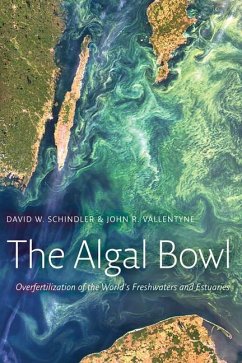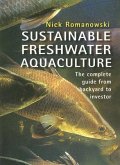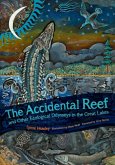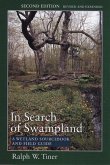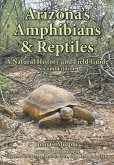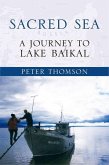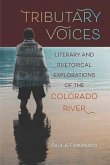The greatest threat to water quality worldwide is nutrient pollution. Cultural eutrophication by nutrients in sewage, fertilizers, and detergents is feeding massive algal blooms, choking out aquatic life and outpacing heavy metals, oil spills, and other toxins in the devastation wrought upon the world's fresh waters. Renowned water scientists, David W. Schindler and John R. Vallentyne, share their combined 80 years of experience with the eutrophication problem to explain its history and science, and offer real-world solutions for mitigating this catastrophe in the making. For those who have lost sight of Vallentyne's 1974 first edition, Schindler's fully revised and expanded edition is an unambiguous road map for change.
Hinweis: Dieser Artikel kann nur an eine deutsche Lieferadresse ausgeliefert werden.
Hinweis: Dieser Artikel kann nur an eine deutsche Lieferadresse ausgeliefert werden.
